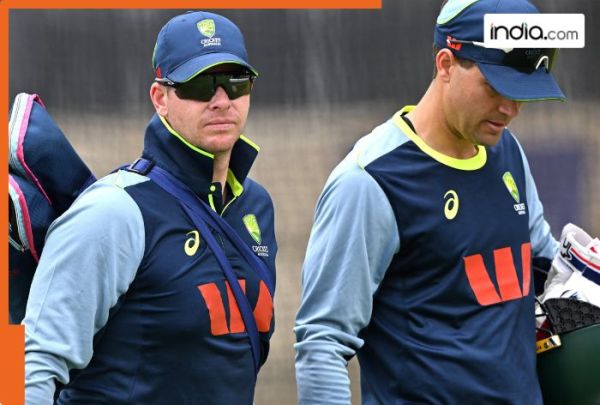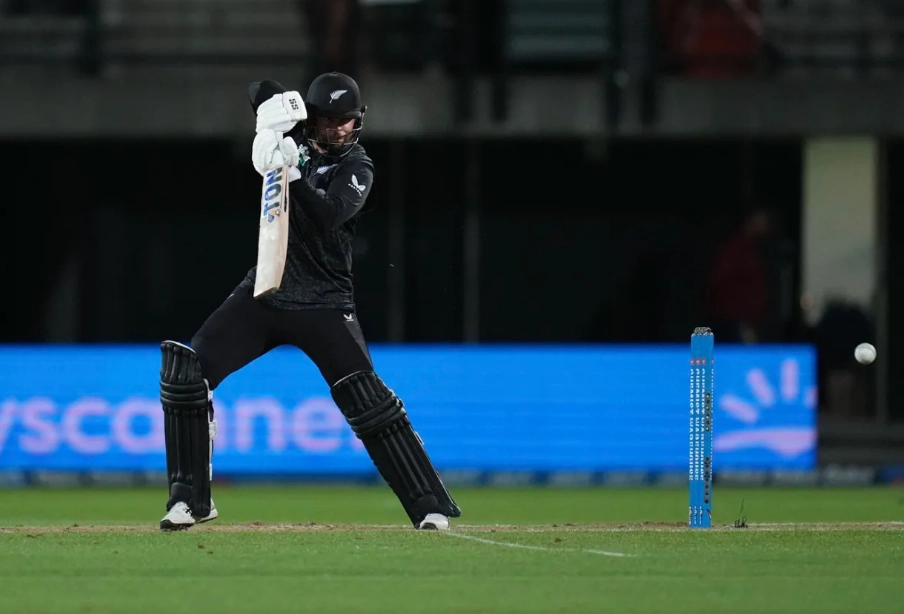
As per the government, the platforms conducted internal self-audits or third-party audits to identify, assess and eliminate presence of dark patterns
Zomato, PharmEasy and Swiggy claimed that its internal assessment showed compliance with the guidelines, while Flipkart cited a third-party audit to confirm compliance
For context, dark patterns are deceptive practices used by online platforms to trick users into spending more by employing methods such as “false urgency” or “basket sneaking”
The consumer affairs ministry yesterday said that 26 ecommerce and quick commerce platforms have self-declared themselves free from so-called dark patterns.
In a press release, the ministry said that online marketplaces like Flipkart, Meesho, Blinkit, Zomato, Zepto and others have voluntarily submitted self-declaration letters that “confirm” compliance with the Guidelines for Prevention and Regulation of Dark Patterns, 2023.
As per the government, the platforms conducted internal self-audits or third-party audits to identify, assess and eliminate presence of dark patterns. “All 26 companies have declared that their platforms are free from dark patterns and do not deploy any manipulative user interface designs,” read the release.
Zomato, Blinkit, PharmEasy, BigBasket, Tata 1mg, Swiggy, Meesho and Ajio claimed that its internal assessment showed compliance with the guidelines. Meanwhile, Flipkart and its subsidiaries Myntra and Cleatrip cited a third-party audit to confirm compliance.
Zepto said that its user interface (UI) and user experience (UX) was audited, adding that it is monitoring its platform to monitor dark patterns.
Terming these declarations “exemplary”, the Central Consumer Protection Authority (CCPA) also urged other platforms to curb dark patterns. The consumer rights protection body also said that it is systematically addressing complaints of dark patterns, and taking enforcement action.
The CCPA also asserted that it is maintaining a close watch on potential violations and warned of action against erring platforms.
“Every business operating in India’s digital space must recognize that manipulative practices are short-sighted strategies that harm both consumers and businesses in the long run,” added the CCPA.
For context, dark patterns are deceptive practices used by online platforms to trick users into spending more by employing methods such as “false urgency” or “basket sneaking”. The CCPA guidelines, released in 2023, identify and prohibit 13 such patterns in total, including confirm shaming, subscription trap, bait and switch, disguised ads, among others.
These guidelines, issued under the Consumer Protection Act, 2019, form a key part of the Centre’s bid to build a transparent and consumer-centric digital marketplace.
Doubling down on this, the CCPA issued yet another advisory in June this year, directing all digital platforms to conduct a mandatory self-audit to detect and eliminate dark patterns. The latest disclosures are part of this directive.
This follows Inc42, in September, reporting that dark patterns continued to rule the roost during the recently concluded festive season sale. From Flipkart’s Big Billion Days to Amazon’s Great Indian Festival sales, several buyers reported orders being cancelled after payment, refunds delayed, delivery dates pushed back, and “sale” prices that sometimes were worse than the regular listed price on the manufacturer’s site.
-
Australia vs England Ashes 2025 1st Test Predicted Playing 11: Pat Cummins, Josh Hazlewood OUT, Mark Wood, Jake Weatherald IN

-
Is Salman Khan part of Sunny Deol starrer Gabru? Here’s what we know

-
De De Pyaar De 2 Box Office Collection Day 7: Ajay Devgn’s film fails to match hype of prequel, collects only Rs…

-
Today Gold, Silver Rate November 21: Will yellow metal be cheap today? Check 18k, 22k, 24k city-wise Gold prices in Chennai, Mumbai, Delhi, Kolkata, Bangalore, Hyderabad

-
Conway and Santner outdo Hope's 109 to seal it for New Zealand
